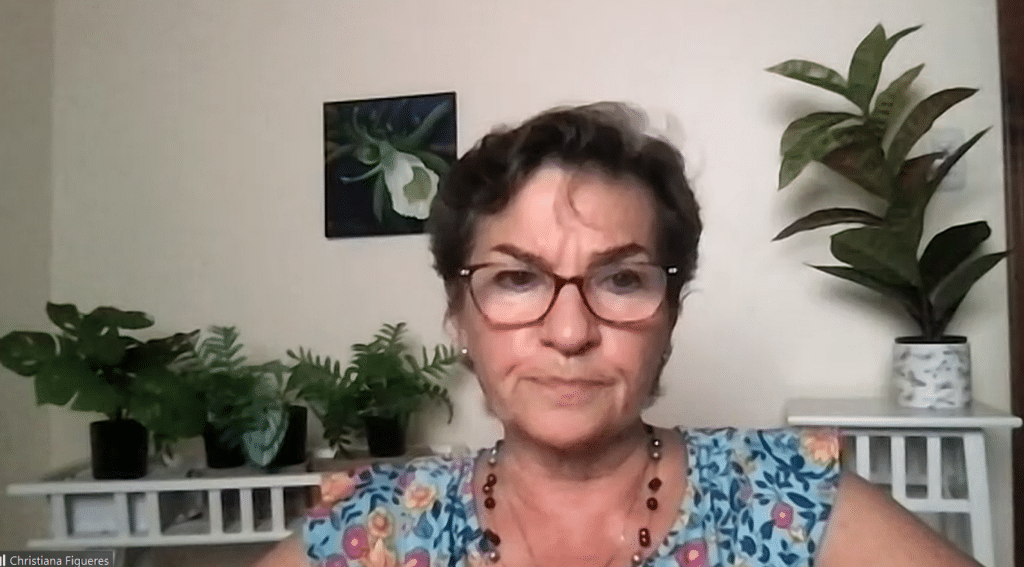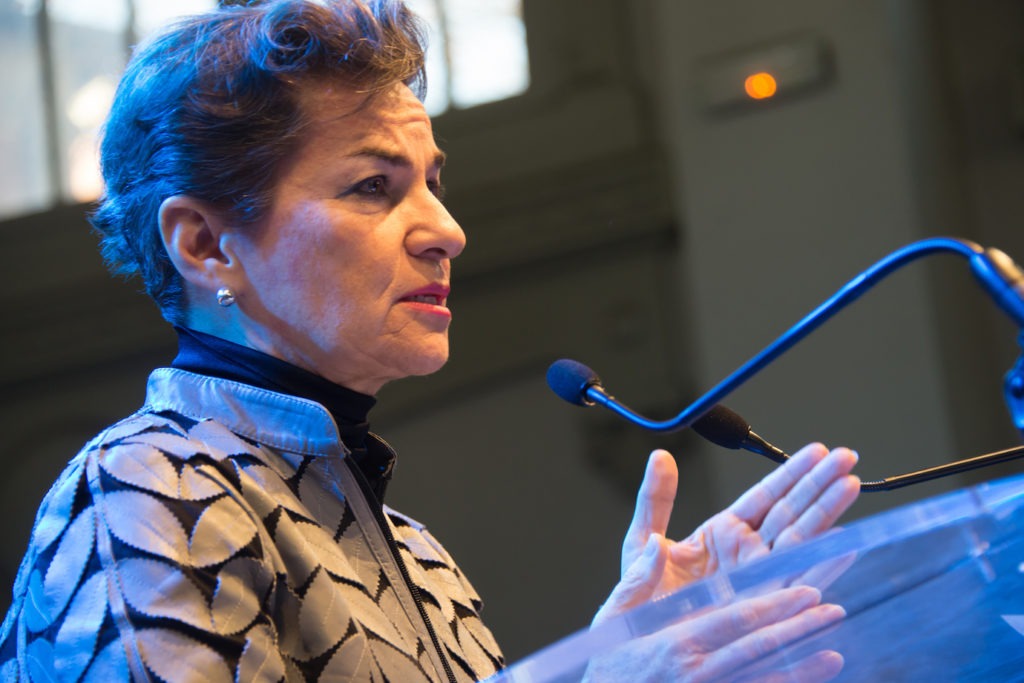Do you ever feel overwhelmed by the enormity of the climate crisis unfolding before us?
Have you flicked on the news recently or scrolled through your social media only to witness the horror of a climate-related natural disaster and the devastation it caused to a community? In just the last few months, we’ve seen floods over and over again in places like Libya, India, Hong Kong and Greece.
And what about the raw memories of Lismore Floods last year, or the Black Summer bushfires in 2019 and 2020? The unthinkable loss of animal life and the very real damage experienced by thousands of Australians. Former NSW Fire and Rescue Commissioner Greg Mullins has already spoken about the very real risks we face in Australia this coming summer.
For Christiana Figueres, an internationally recognised diplomat and leader in global climate change negotiations, being able to hold onto both optimism and fury concurrently is the key to moving beyond this feeling of overwhelm to engage in effective action.
Figueres is a former Executive Secretary of the United Nations Framework Convention on Climate Change (2010-2016) and was a key player in the delivery of the historical 2015 Paris Agreement on climate change.
It’s very possible that without her skilled diplomacy, the UN might not have been able to get 195 sovereign nations to agree on a shared path forward to limit future global warming to well below 2 degrees (while pushing for 1.5 degrees).
Speaking at a Homeward Bound webinar hosted by Fabian Dattner on Wednesday, Figueres said she would encourage other women to oscillate between focusing on the good news and the bad news of the climate crisis. It’s a skill that we’re able to cultivate, she says.
“It has been my experience, that the ability to hold two truths, two realities, two viewpoints that are antithetical to each other and hold them in equal standing with each other is actually a quality that can be fostered and promoted and cultivated,” Figueres said.
“It is a quality of mind that allows us to be open to the reality of the world, which is both good and bad. Which has bad news and good news.”
Figueres says that being able to hold pessimism about the state of the climate and optimism about the possibilities we have before us to solve it, is the best way forward.
“Think of yourself as being the fulcrum between those two that oscillate – one day you will be more aware of good news, one day you’ll be more aware of bad news,” she said during the webinar.
“Holding anchor and being the fulcrum actually opens space and possibility for action that otherwise is not available.”

Figueres spoke about the “full-steam-ahead battle” for the hearts and minds of each one of us, as we confront the challenges of the climate crisis.
“That is, there are those who would want to convince all the rest of us that we are doomed, that we have no way of meeting this challenge, that we’re heading toward a world of total dystopia. That’s one argument,” she said.
The other argument, she says, is that when it comes to solutions and action, we’re actually catching up — especially when it comes to technology available in the energy sector.
“We’re catching up now because it is exponential,’ she said. “It’s why we have to double down and triple our efforts.”
Figueres explained that the fossil fuel industry is actively feeding that first argument, pushing the line that it’s all too hard, too expensive and too late to act.
“Of course the fossil fuel industry would want us to believe that this is impossible … for as long as we believe that, it is a self-fulfilling prophecy,” she said. “We do not then conjure up everything that it takes to have the transformation that is necessary. And we give the fossil fuel industry the time and the space that they want.”
“So it is a question of truly understanding that this is a race and we have to win the race.”
Figueres said the upcoming COP 28 summit, to be held later this year, will be key to determining whether nations will double down on their efforts in the energy sector and in biodiversity protection.
“I’m not going to tell you that it’s guaranteed. There is no success guarantee. But if we don’t roll up our sleeves and do our darndest, then failure is guaranteed,” she said.
And what about the place of women in these global climate conversations? Figueres says it’s essential that more women are elevated to leadership and decision-making positions.
“We [women] do bring so many traits that are very, very scarce,” she said. “The traits of long-term thinking and acting, rather than short-term. The traits of leading with love and joy, and inclusivity rather than hierarchy.”
“It doesn’t mean that all women have those traits, and it also doesn’t mean that all men don’t have them. It’s just that they are a family of traits that are very necessary right now.”
“It’s got to be intentional because otherwise we’re going to continue down the path that we’ve had for thousands of years.”



